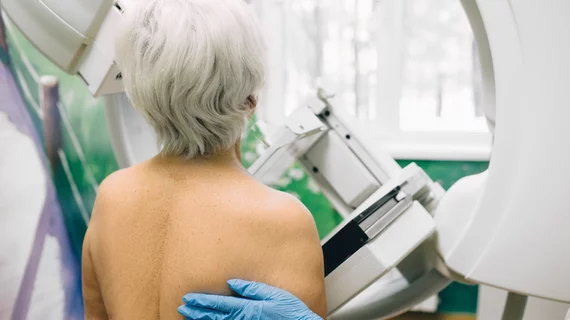Women with a history of breast cancer (BC) may face a heightened risk of developing hypertension or diabetes, according to a new study published in the Journal of Clinical Oncology.
BC survivors are known to see higher odds of developing cardiovascular disease, the authors explained, but the risk of specific cardiometabolic risk factors among these patients has not been as well documented.
The team explored data from 14,942 BC survivors and 74,702 matched controls. The mean age was 61.2 years old, and 65% were non-Hispanic white. All data came from the NCI-funded Pathways Heart Study within Kaiser Permanente Northern California.
Overall, after two years, hypertension was seen in 10.9% of BC survivors and 8.9% of the control group. After 10 years, however, the control group actually saw more hypertension cases than the BC survivors group.
Diabetes, meanwhile, was seen in 2.1% of BC survivors and 1.7% of the control group after two years. After 10 years, diabetes was still more common among BC survivors (9.3%) than the control group (8.8%).
Furthermore, the hypertension risk was greater for BC survivors who received left-sided radiation or endocrine therapy.
“In our study, given that women who received left-sided radiation therapy or endocrine therapy were at higher risk for diabetes and hypertension, as well as normal-weight women, these specific patient populations may benefit from more frequent clinical monitoring and lifestyle interventions to mitigate this risk,” wrote lead author Marilyn L. Kwan, PhD, with the division of research at Kaiser Permanente Northern California, and colleagues.
The authors also called for additional research that examines "the impact of targeted cardiometabolic risk factor management on cardiovascular events in subgroups of women with BC on the basis of adjuvant therapy received and body size."
Read the full study here.
